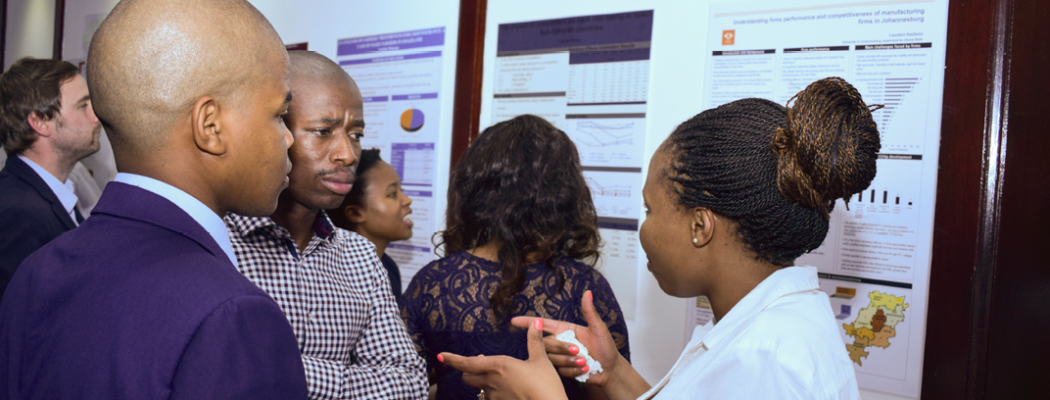SA-TIED seminar on climate change and central banking
On 17 February the SA-TIED programme will host an online seminar on climate change and central banking in South Africa. The presentation will be given by Faaiqa Hartley and Sherwin Gabriel under the SA-TIED project work stream on Climate change and energy transition as drivers of change.
This presentation is based on two working papers:
Climate uncertainty and agricultural vulnerability in South Africa
By Faaiqa Hartley, Sherwin Gabriel, James Cullis, and Channing Arndt
Presented by Faaiqa Hartley and Sherwin Gabriel
Abstract:
Climate change poses a serious threat to many countries, particularly to developing countries, which often have large sections of the population without resources to adapt to changes in their environment. One of the key ways in which climate change affects countries is its impact on agricultural production. This paper extends the analysis by Cullis et al. (2015) by unpacking the impacts of climate change on crops and regions across South Africa. Furthermore, it looks at the impact of climate change on household food consumption and its implications for food security. The analysis suggests that, while the impacts of climate change are likely to be negative, the size of impacts can be highly variable, depending on the resulting climate. The largest range of vulnerability lies along the eastern coast of the country, where there is also the greatest poverty. Other regions, such as the Western Cape, show clear signs of declining production across the likely range of future potential climates, although some of these threats can be addressed through adaptation. Climate change negatively affects household welfare both nationally and sub-nationally, with impacts felt through both the effect on household incomes and through higher food prices, which negatively affect household food consumption.
Full paper available here.
See slides here.
AND
Climate change and its implications for central banks in emerging and developing economies
By Channing Arndt, Christopher Loewald, and Konstantin Makrelov
Presented by Konstantin Makrelov
Abstract:
Climate change mitigation and adaptation will prove to be sources of significant structural change. The impacts will be far-reaching and often irreversible, with particularly large effects on emerging and developing economies. This paper assesses the implications of these changes for central banks in developing countries. They can best support adaptation and mitigation efforts by maintaining macroeconomic stability, lowering the cost of borrowing to support green investment, facilitating the development of green assets, and improving the sharing of information in the financial system, especially with respect to risks. Yet, emerging market central banks currently have limited capacity to assess climate risks and their effects on financial stability, growth, and inflation. As such, the paper also provides options for central banks to develop analytical frameworks useful for that purpose.
Full paper available here.
See slides here.
With policy input from Njuguna Ndung’u: Executive Director, African Economic Research Consortium.





